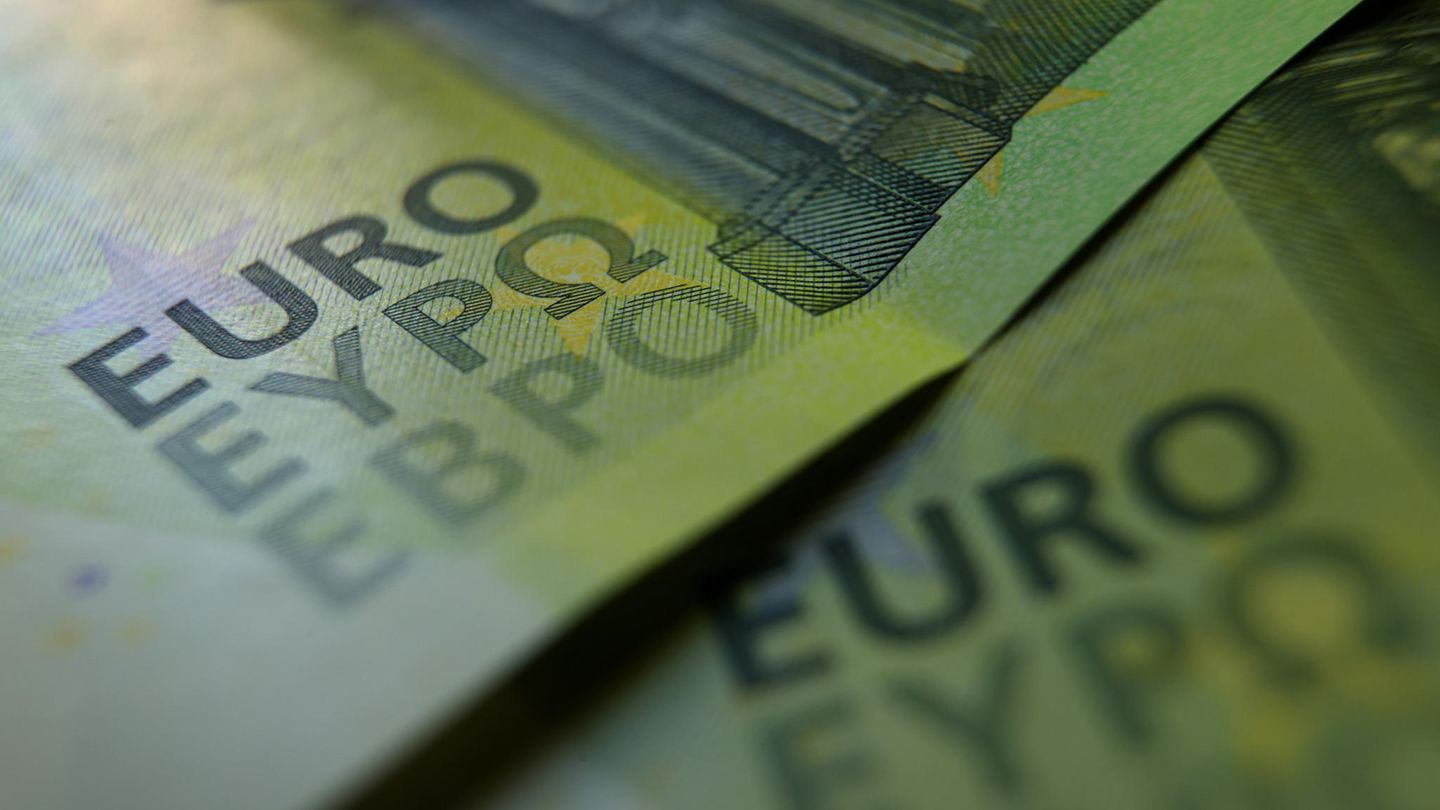questions and answers
Organized crime, corruption, moonlighting: every year, huge sums of illegal origin are channeled into the regular economy. A cash payment limit should now make money laundering more difficult. Answers to the most important questions about the possible cash limit.
According to experts, the fight against money laundering is only being waged half-heartedly in many European countries. A whole bundle of measures should in future more effectively prevent billions of euros from criminal transactions from being fed into the regular economy. The EU Commission wants to introduce an upper limit of 10,000 euros for payments with cash and install a new monitoring authority. Cryptocurrencies such as Bitcoin are also to be regulated more closely, as Brussels announced on Tuesday. Nothing has been finally decided, but there are already plenty of discussions – especially in Germany.
Why is the EU Commission proposing a cash limit?
Proponents argue that it would then be more difficult for criminals to cover up the illegal origin of funds, and that this applies to terrorist financing as well as to undeclared work. Because unlike electronic deposits or transfers, cash transactions hardly leave any traces. Thus, an upper limit for bill and coin payments could curb criminal activity. It is not about depriving citizens of the possibility of cash payments, but about closing loopholes for criminals, stressed EU financial market commissioner Mairead McGuinness.
Isn’t Europe already doing enough against money laundering?
After a recent audit, the European Court of Auditors came to the conclusion that there are clear weaknesses. For example, inadequate coordination at EU level was found in measures to prevent money laundering and in intervening after a risk was identified. “The EU’s weaknesses in the fight against money laundering and the financing of terrorism must be addressed, and supervision by the EU must be significantly strengthened,” demanded chief auditor Mihails Kozlovs afterwards.
The chief executive of the Association of German Banks (BdB), Andreas Krautscheid, explained that Germany is sticking the label of an “Eldorado for money laundering” on the fact that in this country people pay with cash comparatively often. In addition, there is the international networking of the export nation Germany: “With every country in the world there is exchange and therefore also payments.”
Would a cash cap be something new?
Most European countries already have maximum limits for cash payments – in Greece, for example, the limit is 500 euros, in Croatia it is 15,000 euros. Countries such as Germany, Austria, Luxembourg and Cyprus have not set any limits so far. The EU Commission now wants all member states to enforce a ban on cash payments over 10,000 euros. States that have introduced a lower limit can keep it.
How are the Brussels plans being received in Germany?
Bundesbank board member Johannes Beermann is critical of the restriction of cash payments to EUR 10,000: “So far there has been no scientifically sound evidence that the goal of combating money laundering is achieved with upper limits for cash payments.” Beermann sees the danger that such a limit “above all affects the honest citizen”. Germany’s top consumer advocate, Klaus Müller, warned years ago that a cash limit would open “the gate to absolute control of consumers”. The right to anonymous shopping must be taken into account.

The CSU MEP Markus Ferber says: “There is no need for a Europe-wide uniform upper limit for cash.” In his opinion, the Commission would do well to leave it to the Member States to decide whether and to what extent there are limits. Fabio De Masi, financial policy spokesman for the left-wing parliamentary group in the Bundestag, however, considers an upper limit to be sensible. It is “absurd that entire properties in Germany can still be paid for in cash out of a suitcase instead of via notary accounts,” he criticizes.
Who would the 10,000 euro limit hit in Germany?
Five-digit cash payments are likely to be a rarity for most consumers. In certain areas, upper limits could cause problems, for example when buying a used car. Many sellers are reluctant to rely on the promise that the money will be transferred. Rental deposits are also sometimes paid in cash. Such transactions will probably also be possible under the tightened conditions: “This upper limit does not apply to private transactions between private individuals,” says the Commission’s draft regulation. In countries with upper limits for cash payments, there are already some exceptions for transactions between private individuals.
How specific are the plans for the new supervisory authority?
The heart of the legislative package is the new anti-money laundering authority Alma (Anti-Money Laundering Authority), which is to be created by the beginning of 2023. It should be able to take over the supervision of certain financial companies if there is an increased risk of money laundering or terrorist financing. In Germany, politicians and associations drum up for the banking metropolis of Frankfurt as a location. “We are not only logistically connected to the airport, but also technologically with the world via the largest Internet hub in Europe,” advertises Hesse’s European Minister Lucia Puttrich (CDU). The German fund association BVI argues that if Paris were awarded the contract, “the tectonics between the continental European financial centers could shift in favor of Paris”. The European banking supervisory authority EBA and the European financial supervisory authority ESMA are already based in Paris, while Frankfurt has the European Central Bank (ECB) and the supervision of the large euro banks under its umbrella.
What’s next now?
After the plans have been presented, it is now the turn of the Council of Member States and the European Parliament. If there are sufficiently large majorities there, the proposals of the EU Commission can be implemented. However, no final decisions are expected before the coming year. The German position for the negotiations will presumably only be determined by the next federal government after the general election on September 26th.
Jane Stock is a technology author, who has written for 24 Hours World. She writes about the latest in technology news and trends, and is always on the lookout for new and innovative ways to improve his audience’s experience.




